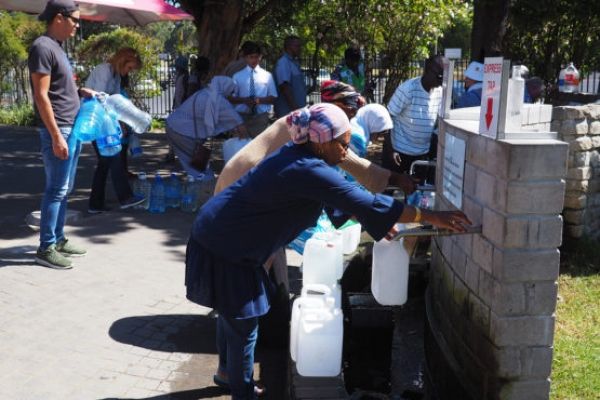Today, the lakes around Cape Town are brimming with water, but it was only a few years ago that South Africa’s second-most populous city made global headlines as a multi-year drought depleted its reservoirs, impacting millions of people. That kind of extreme event may become the norm, researchers now warn.
Using new high-resolution simulations, researchers from Stanford University and the National Oceanic and Atmospheric Administration (NOAA) concluded that human-caused climate change made the “Day Zero” drought in southwestern South Africa – named after the day, barely averted, when Cape Town’s municipal water supply would need to be shut off – five to six times more likely. Furthermore, such extreme events could go from being rare to common events by the end of the century, according to the study, published November 9 in the journal Proceedings of the National Academy of Sciences.
Continue reading at Stanford University
Image via Stanford University


